Studying abroad offers an opportunity for cultural immersion, quality education, and personal growth. However, before embarking on this exciting journey, you need to navigate the student visa application process. Whether you’re heading to the USA, UK, Canada, Australia, or Europe, applying for a student visa is a universal requirement. Each country has its own set of rules and regulations, but certain steps remain consistent. In this guide, we’ll explore the steps to apply for a student visa, offer tips from study abroad consultants, and include some frequently asked questions to ensure you’re well-prepared
Table of Contents
Togglehe first step in applying for a student visa is determining the appropriate visa category based on the destination country and the duration of your study. Different countries may offer several visa types for students. For example:
Choosing the right visa is crucial to avoid complications during your application process. A study abroad consultancy can help you determine which visa type applies to your specific case.
Before you can apply for a student visa, you must secure admission to an accredited institution. This includes universities, colleges, or specialized schools abroad. The application process typically involves submitting academic transcripts, proof of language proficiency (IELTS, TOEFL, or PTE), and a statement of purpose.
Once accepted, the institution will send you an acceptance letter or a confirmation of enrollment, which is mandatory for your visa application. Always ensure that the institution is recognized by the immigration authorities of the country you plan to study in.
Many countries require you to pay a visa processing fee before submitting your application. For example:
Some countries may also require you to pay a tuition deposit to the university before you can apply for a visa. Ensure you check the specific requirements for your destination.
The documentation you provide is critical for the success of your visa application. While requirements differ between countries, here are some common documents you’ll need:
Make sure to consult with a study abroad consultancy to avoid missing any critical documents.
Once you have gathered all necessary documents, submit your visa application online or through your country’s local embassy or consulate. Some countries have additional steps, like biometrics submission or visa application centers where you submit your documents in person.
In certain cases, hiring a study abroad consultancy can ensure a smooth process, as they can help you manage submission deadlines and ensure that your application is complete.
Most countries, including the USA, require students to attend a visa interview. This interview is designed to verify your intentions for studying abroad and ensure that you meet the visa requirements.
During the interview, you may be asked about:
Preparing for this interview with the help of study abroad consultancy experts can increase your chances of success.
Once you’ve completed the interview and submitted all documents, the waiting period begins. Visa approval times vary depending on the country. For example:
A study abroad consultancy can provide you with regular updates and guide you on what to do in case of delays.
Once your visa is approved, it’s time to plan your journey. Make sure to check the entry requirements for the country you’re traveling to, as some might have restrictions or additional steps like health screenings or quarantine requirements.
Many study abroad consultancy services also help students with pre-departure guidance, including advice on accommodation, travel insurance, and settling in.
Applying for a student visa can be a lengthy and challenging process, but with the right guidance, you can streamline it. Working with a study abroad consultancy like Universal Migration can increase your chances of success, helping you navigate each step with confidence. If you follow these steps carefully and prepare adequately, you’ll be well on your way to studying abroad.
Make sure to consult with experts, stay informed about the requirements, and remain proactive in addressing any potential issues that arise. By doing so, you can make your dream of studying abroad a realit
The visa processing time depends on the country. It could take anywhere from 2 weeks to 3 months. Consulting with a study abroad consultancy can help you stay informed about processing times and avoid delays.
You can prove financial stability by providing bank statements, sponsorship letters, or approved education loans. Each country has different requirements regarding the minimum financial support needed.
Yes, most study abroad consultancies offer interview preparation services. They conduct mock interviews, provide tips, and help you understand the types of questions typically asked.
If your student visa is rejected, you’ll receive a reason for the rejection. In most cases, you can reapply after addressing the issues mentioned. A study abroad consultancy can help strengthen your application and guide you through the appeal process.
2A, 1st Floor, Primrose, Trivandrum, Kerala - 695014
0471 4055046 | 9946791000
tvm@universalmigration.com

We are officially recognised specialists in issuing all types of visas around the world.
© 2024 Universal Migration. All rights reserved. Privacy Policy | Terms of Service.